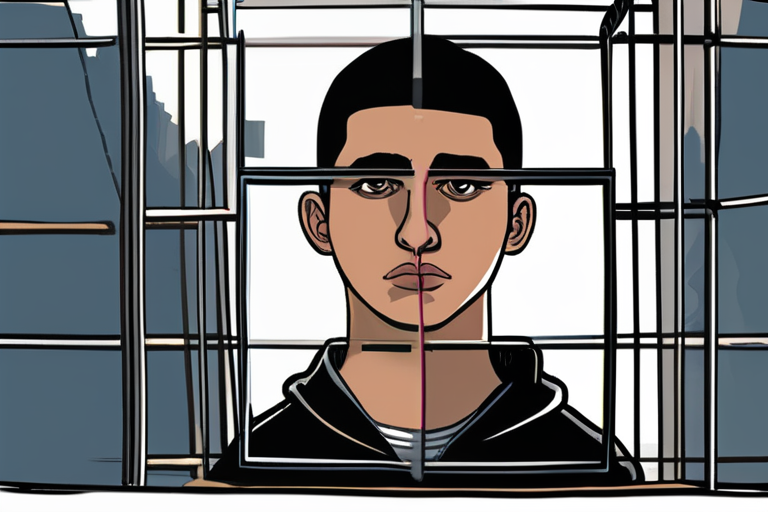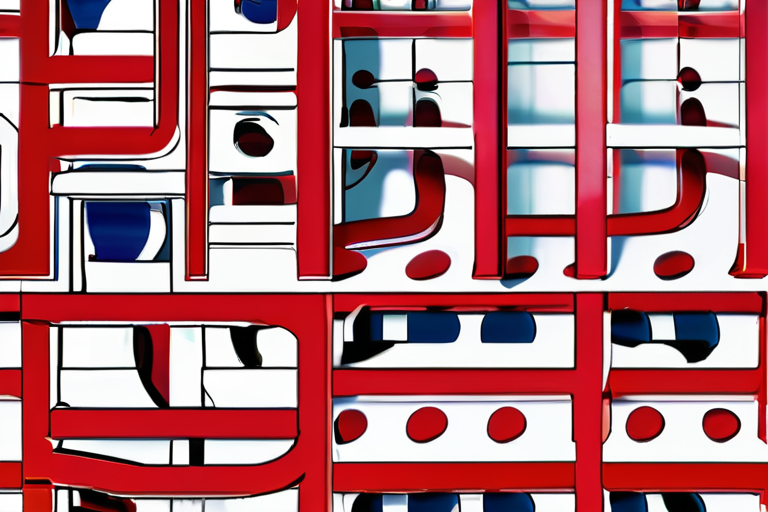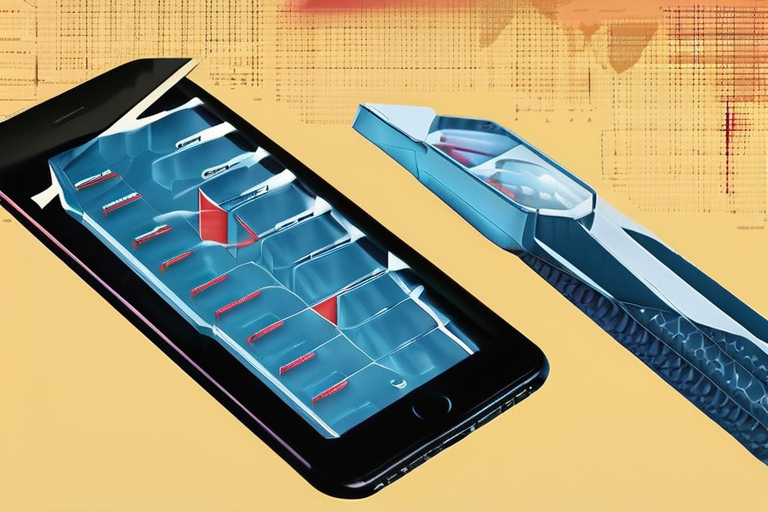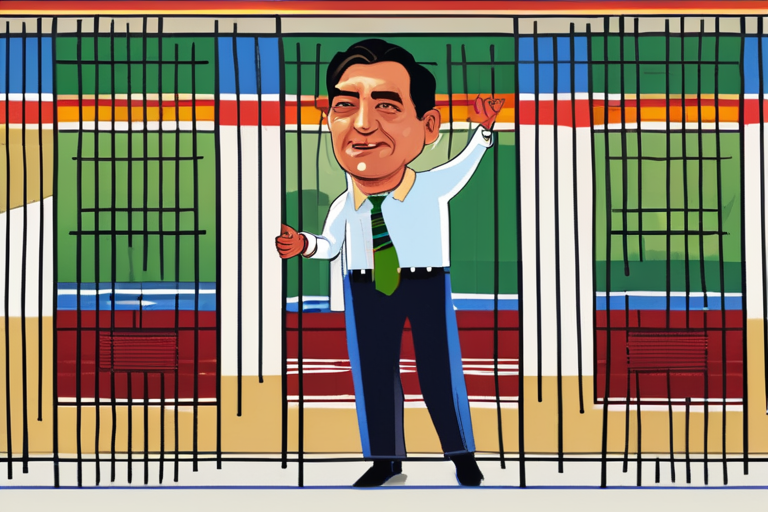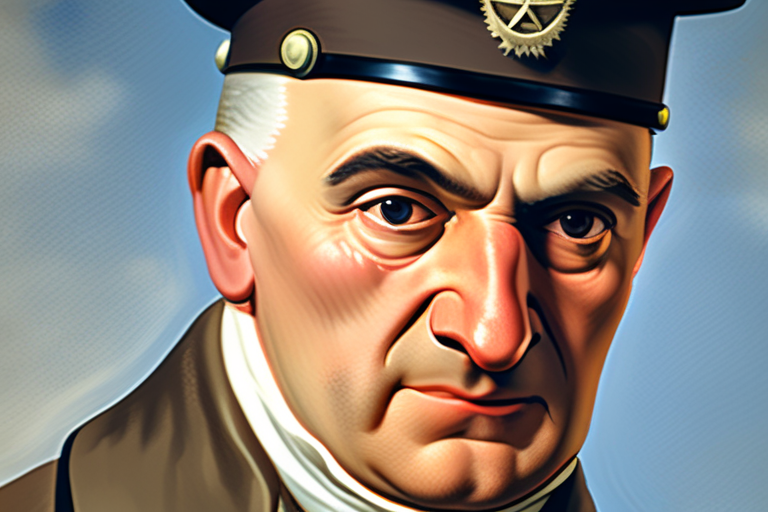The Forgotten Boy: A Palestinian American's Descent into Israeli Jail
In the sweltering heat of a Tel Aviv courtroom, 16-year-old Mohammed Ibrahim sat shackled and silent, his eyes fixed on the floor. It was February, and for Mohammed, it marked the beginning of an eight-month odyssey through Israel's labyrinthine justice system. His story is one of mistreatment, neglect, and the brutal realities faced by Palestinian minors in Israeli custody.
Mohammed's family, hailing from the West Bank, had always been proud of their son's bright future. But as he navigated the complexities of adolescence, Mohammed found himself entangled in a web of conflict and politics that would change his life forever. His detention, sparked by allegations of stone-throwing during a protest, has become a symbol of the systemic abuse faced by Palestinian minors in Israeli jails.
"I was just trying to protect myself," Mohammed recalled in an interview with Defense for Children International Palestine (DCIP), his voice laced with a mix of fear and resignation. "I never thought I'd be treated like this."
The conditions within Israel's prisons are notoriously harsh, but Mohammed's experience is particularly striking. His cell, he says, was cold to the point of being unbearable, with thin mattresses that offered little comfort. Meals were meager, consisting of three tiny pieces of bread for breakfast, a half-cup of undercooked rice and a single sausage for lunch – with no dinner or fruit in sight.
"It's like they're trying to break us," Mohammed said, his words dripping with despair. "The food is so bad that I've lost count of how many times I've gone hungry."
Mohammed's weight has plummeted since his detention began, a stark testament to the physical toll of his ordeal. His family, who have been fighting for his release, are beside themselves with worry.
"We're not just fighting for our son," said Mohammed's mother, her voice trembling with emotion. "We're fighting for every Palestinian child trapped in this system."
The Israeli government has long maintained that its treatment of minors is humane and compliant with international standards. However, human rights organizations like DCIP paint a different picture – one of systemic abuse, neglect, and disregard for the well-being of Palestinian children.
"Israel's treatment of Palestinian minors is a grave concern," said Khaled Quzmar, DCIP's Executive Director. "These children are subjected to inhumane conditions, including solitary confinement, physical violence, and denial of basic rights."
Mohammed's case has sparked widespread outrage, with many calling for his release and an end to the mistreatment of Palestinian minors. As the international community weighs in on this pressing issue, Mohammed remains trapped in a system that seems designed to break him.
As we reflect on Mohammed's story, it becomes clear that this is not just about one boy – but about the countless others who have been silenced by Israel's justice system. Their voices, like Mohammed's, are a testament to the enduring power of hope and resilience in the face of overwhelming adversity.
In the words of Mohammed himself: "I may be trapped, but my spirit remains unbroken."
*Based on reporting by Aljazeera.*
